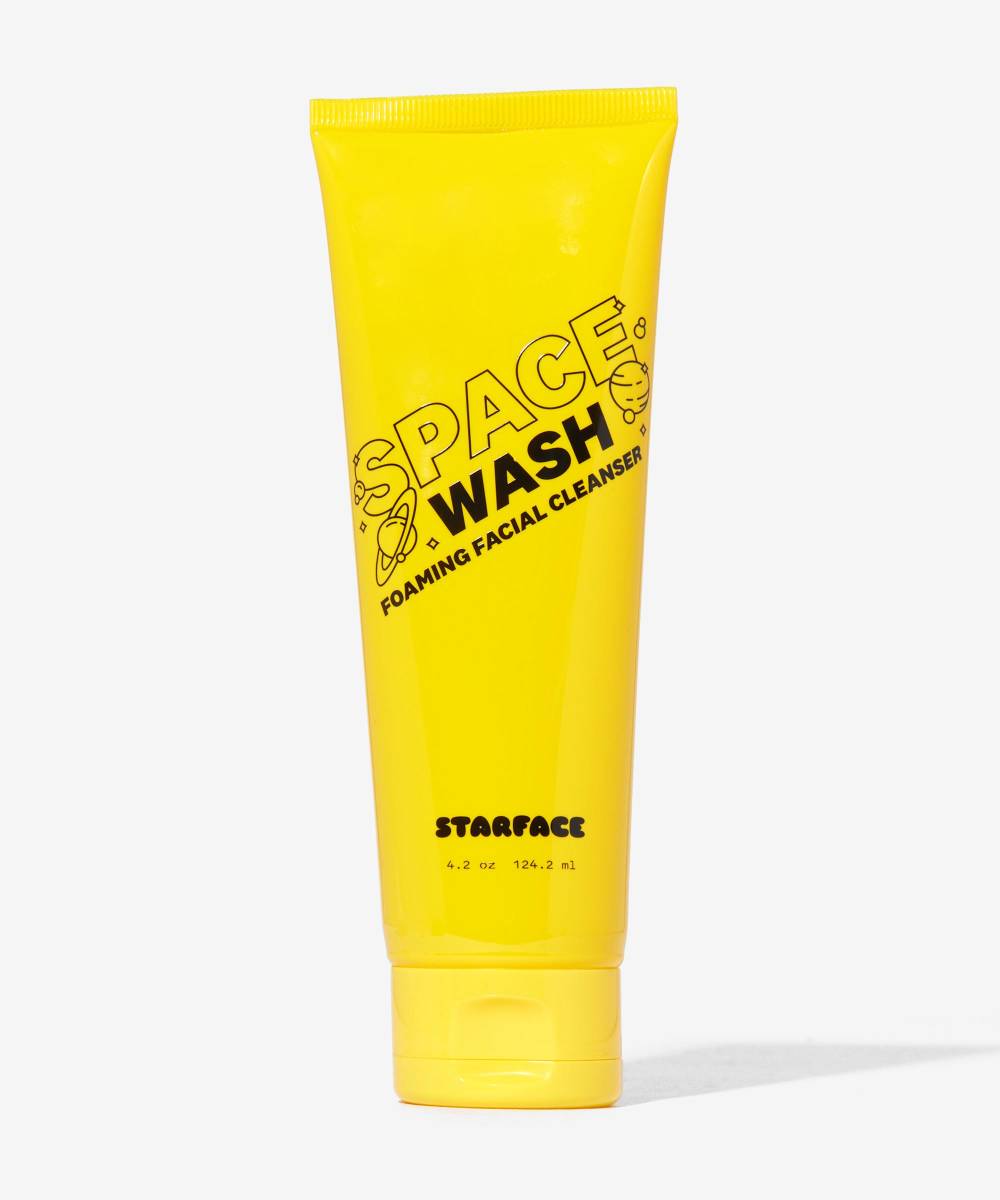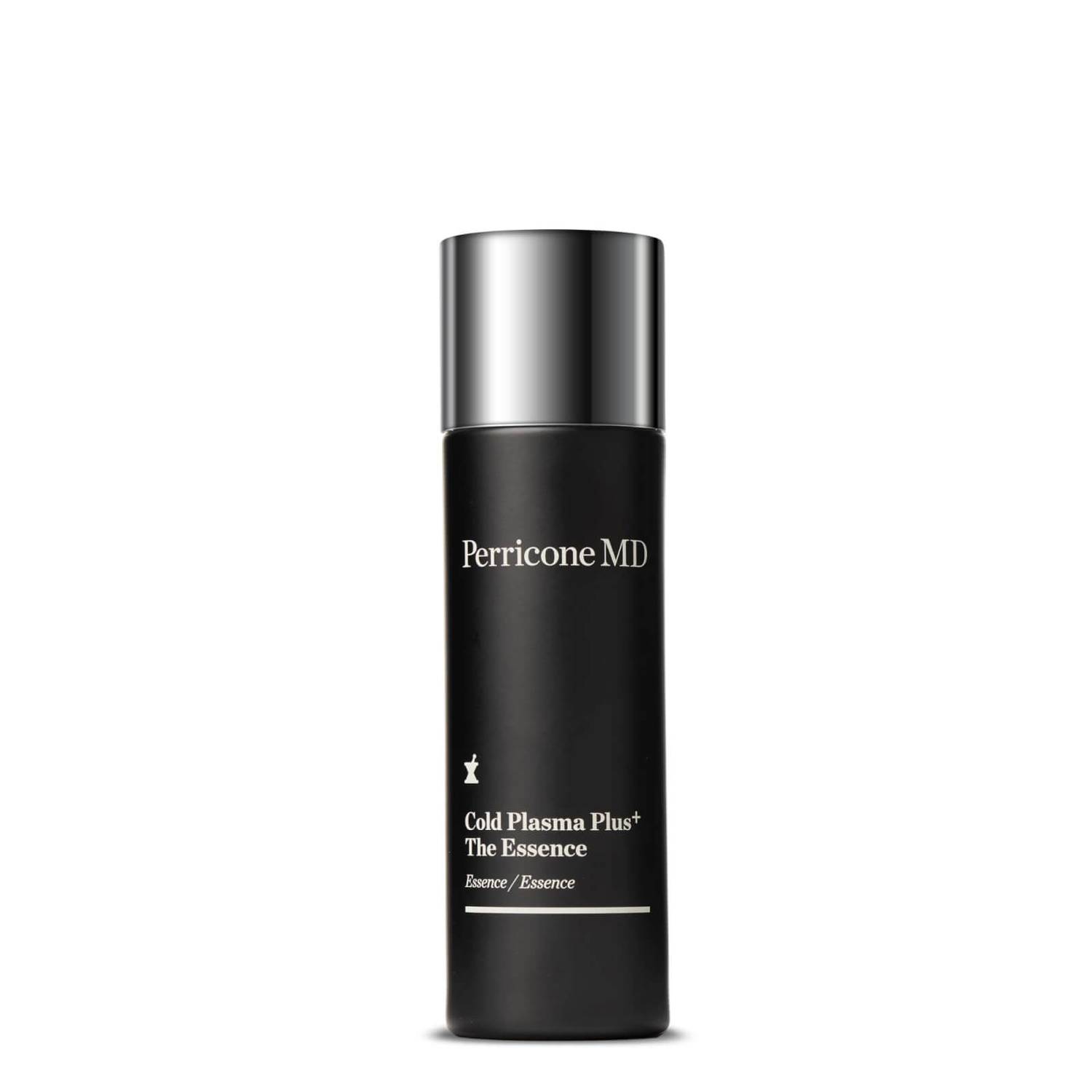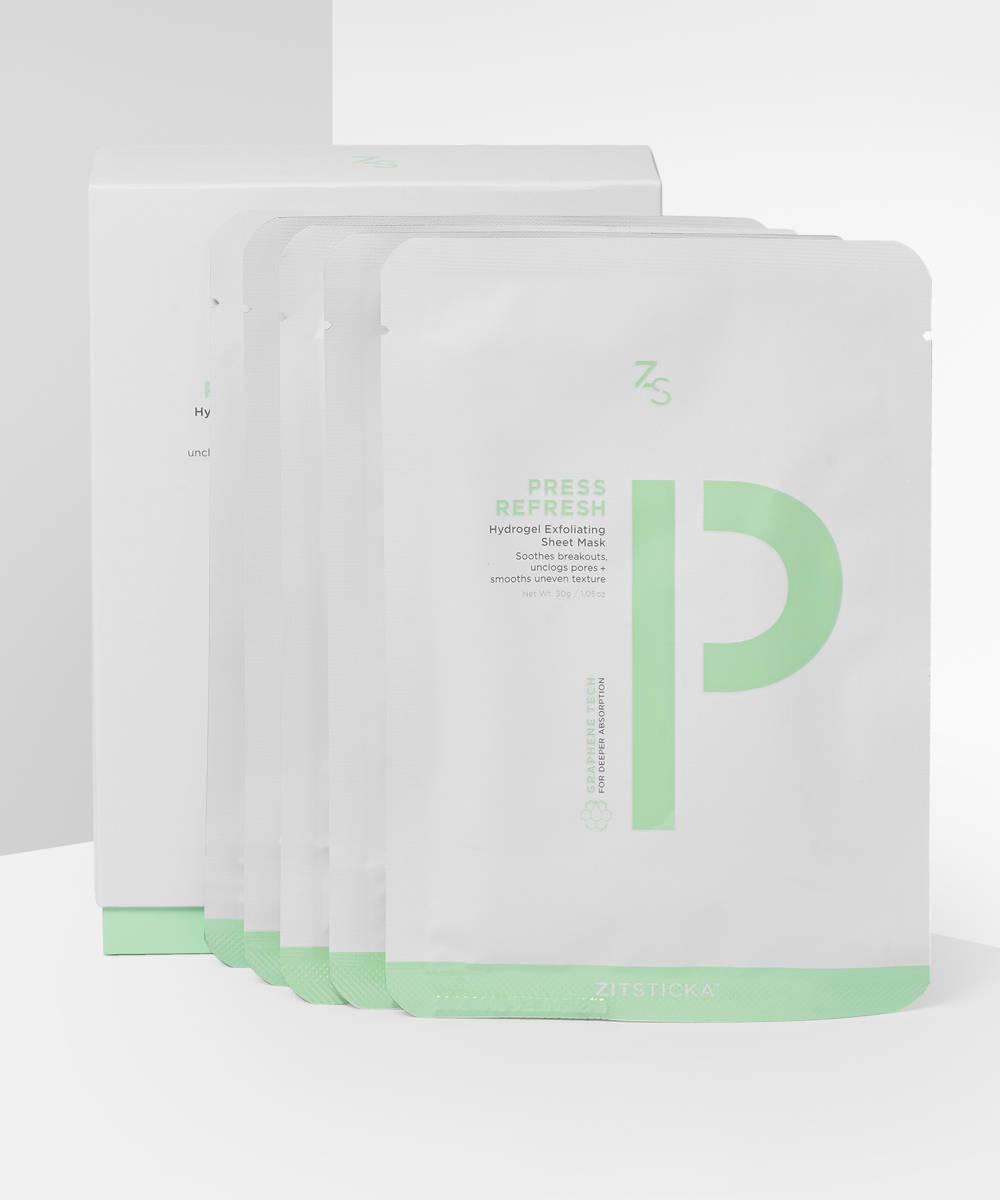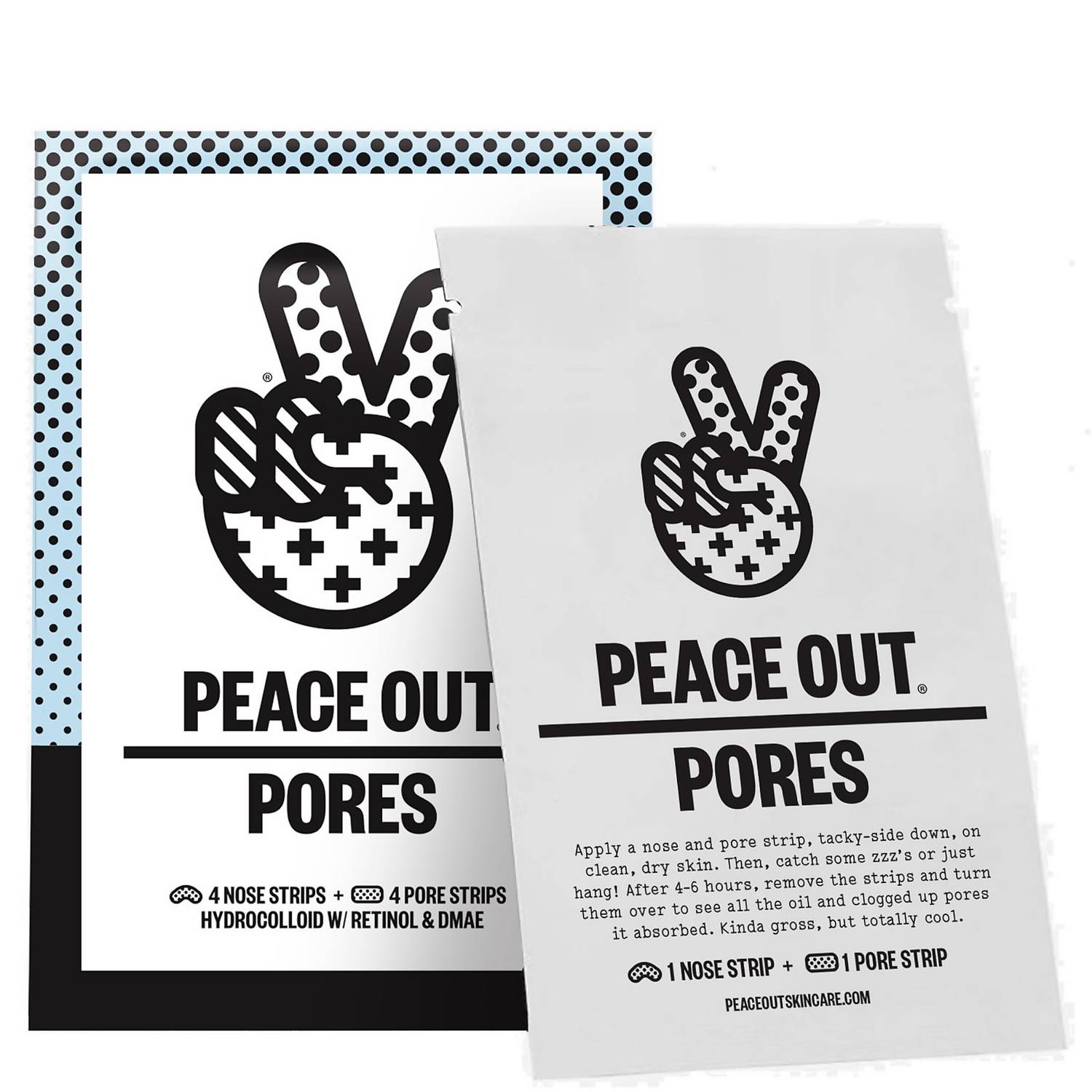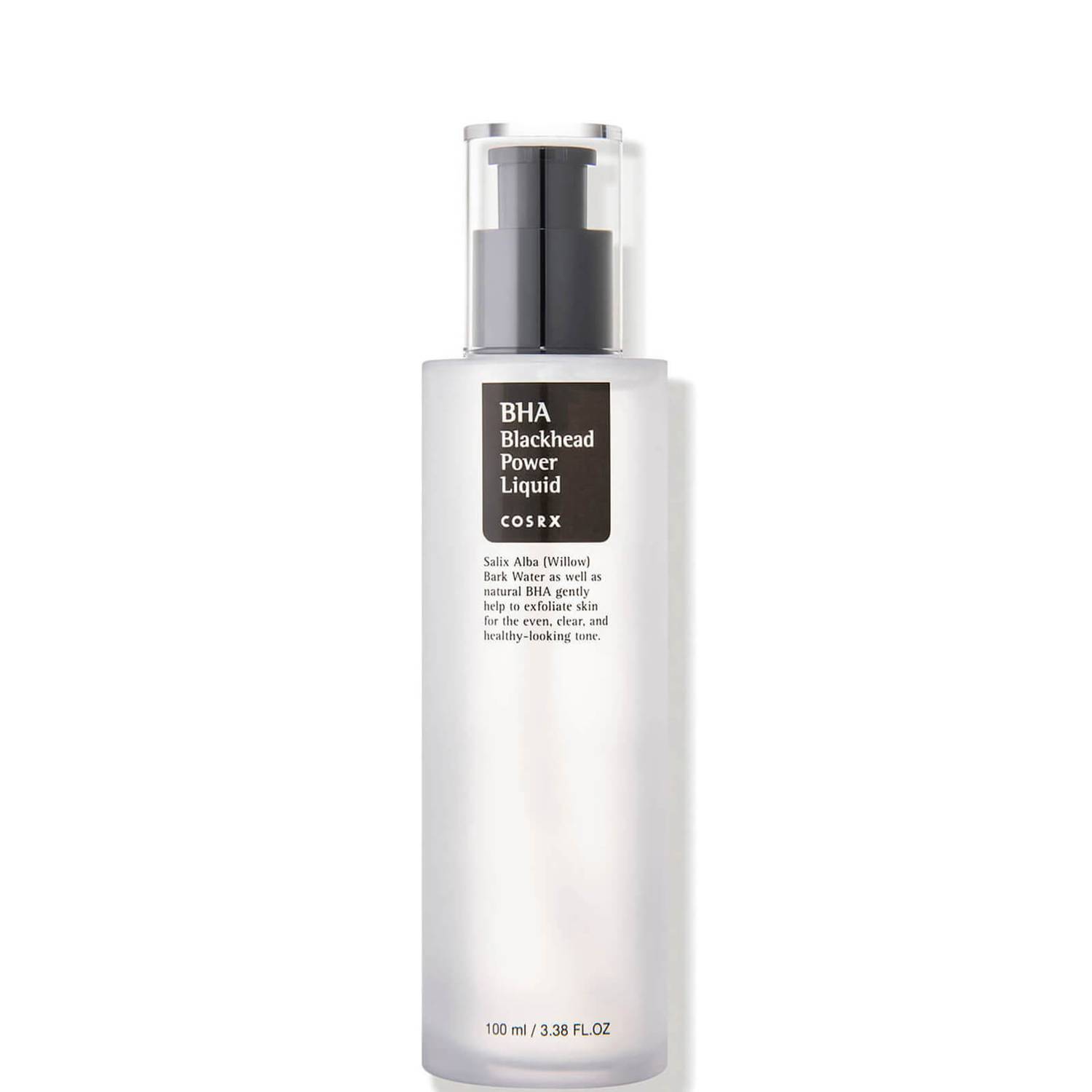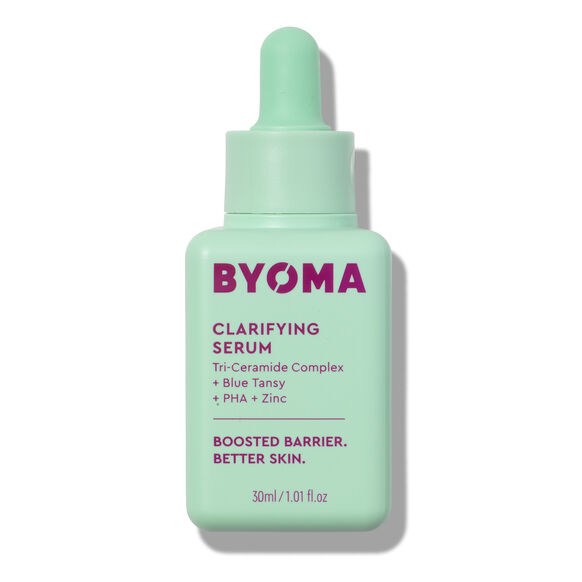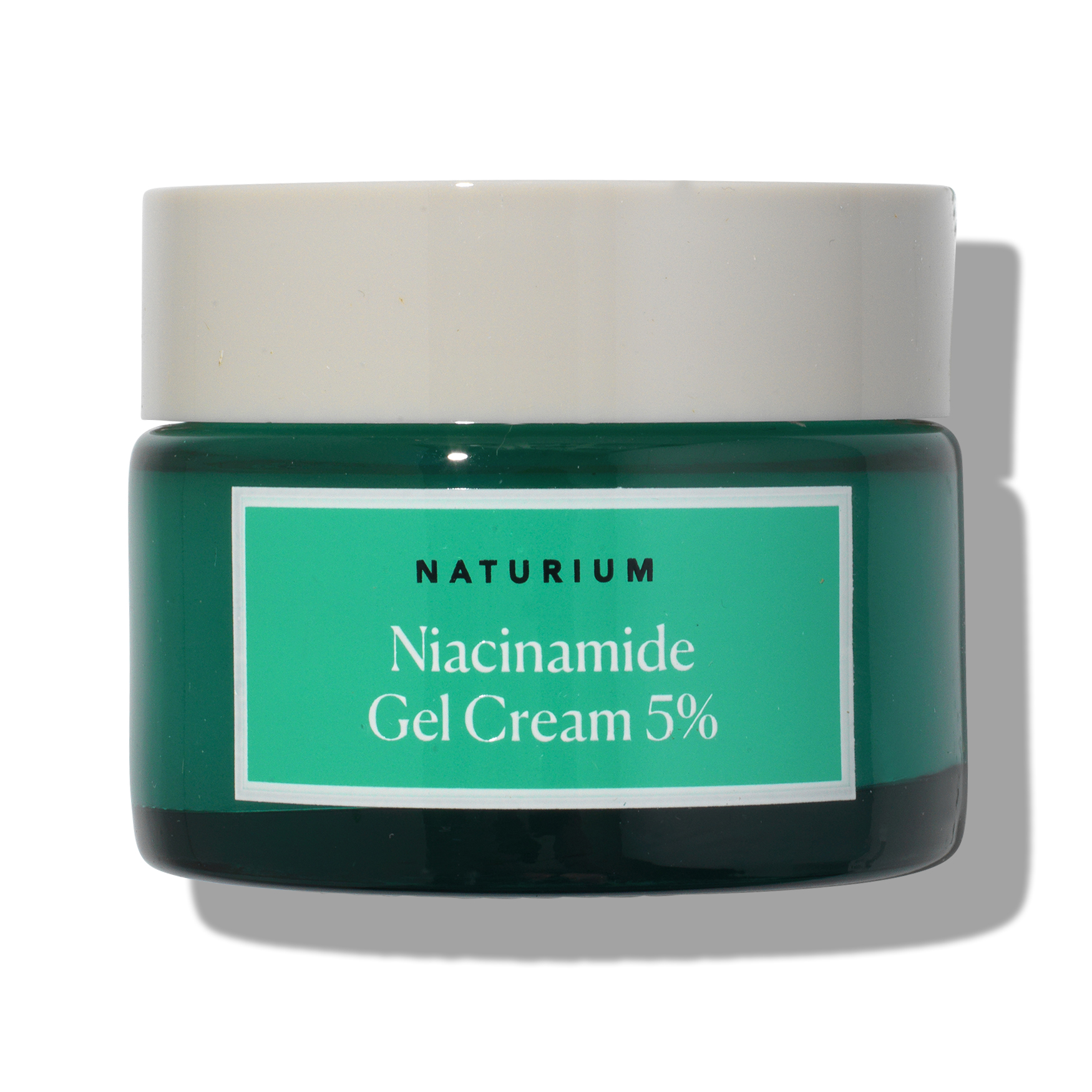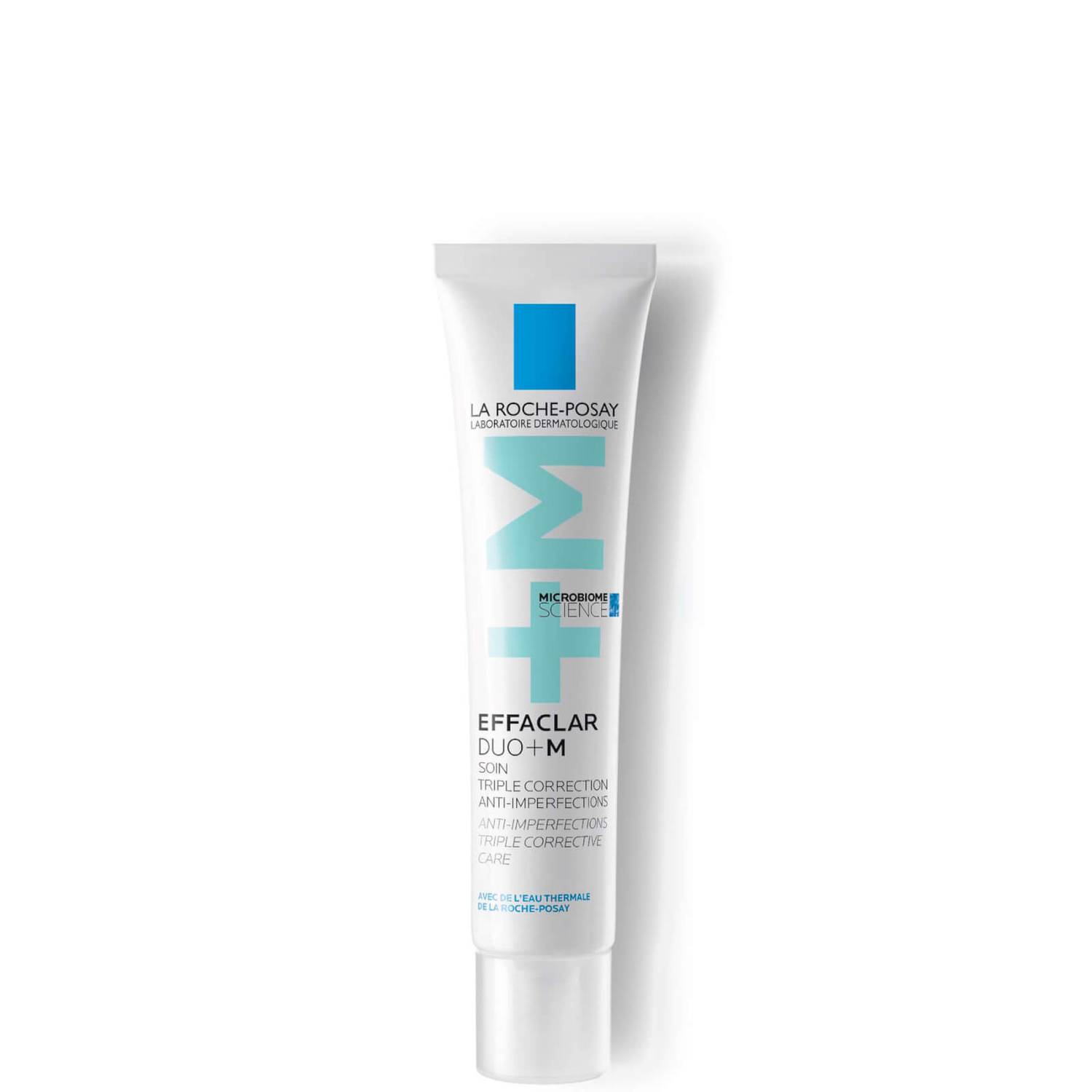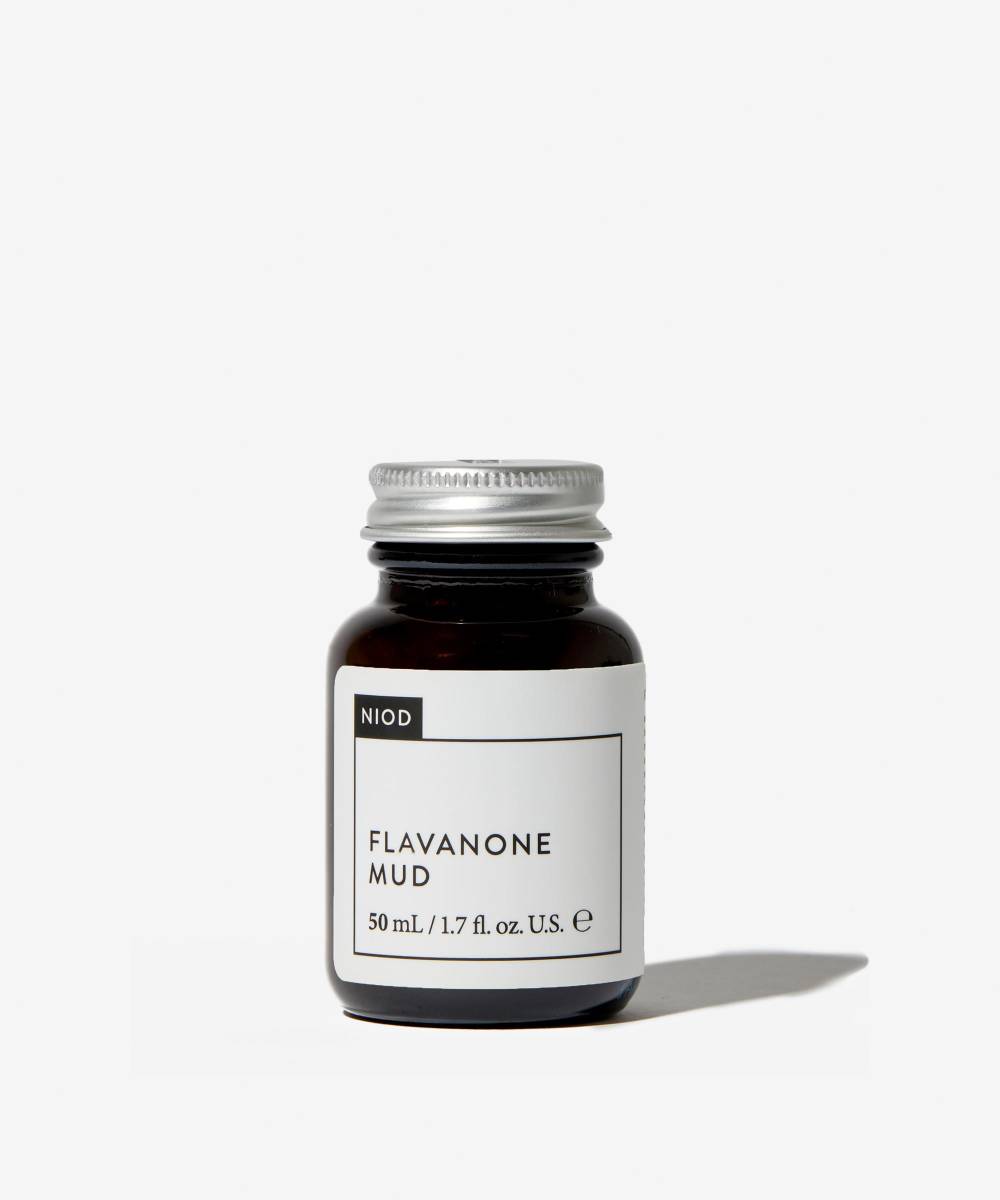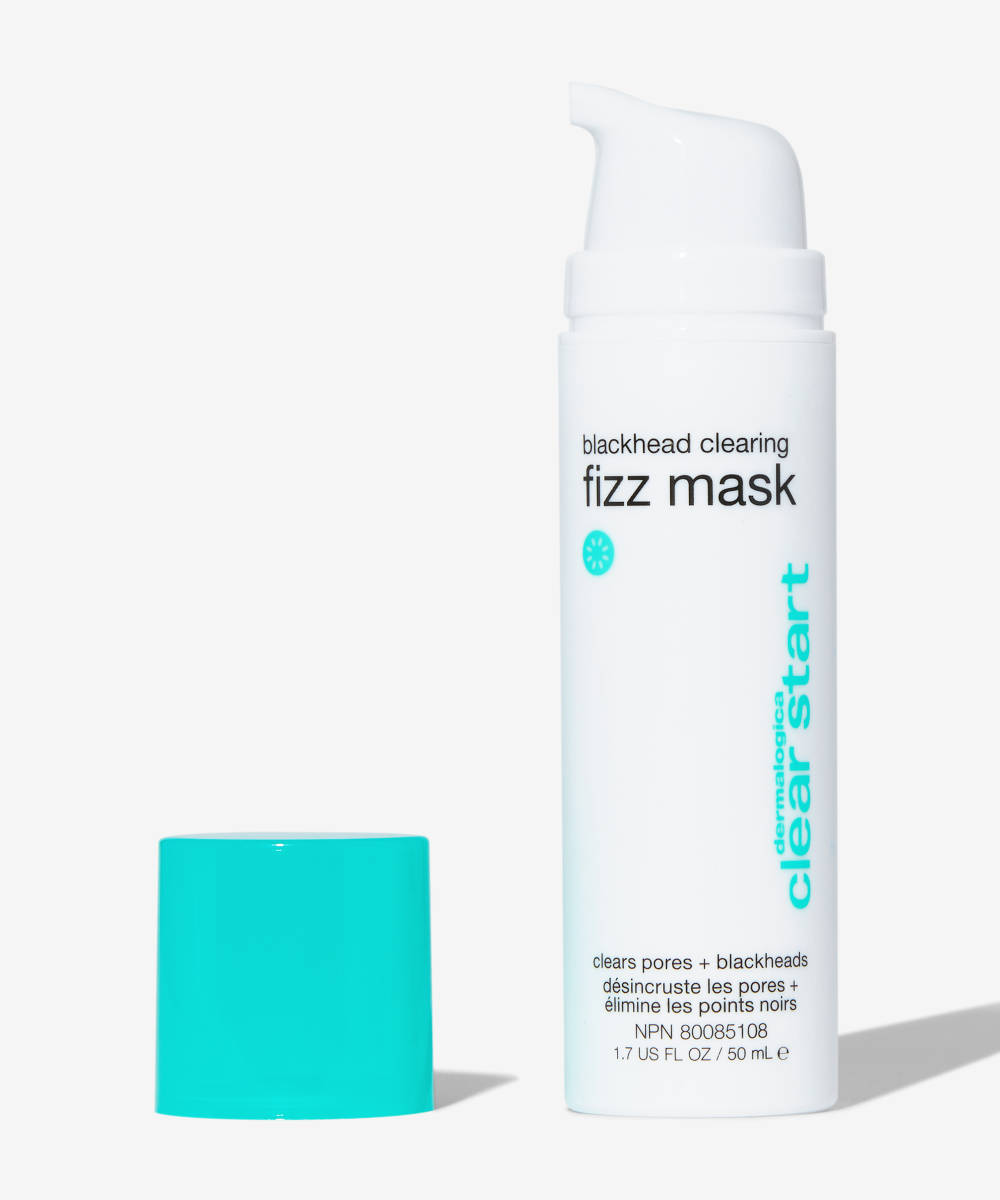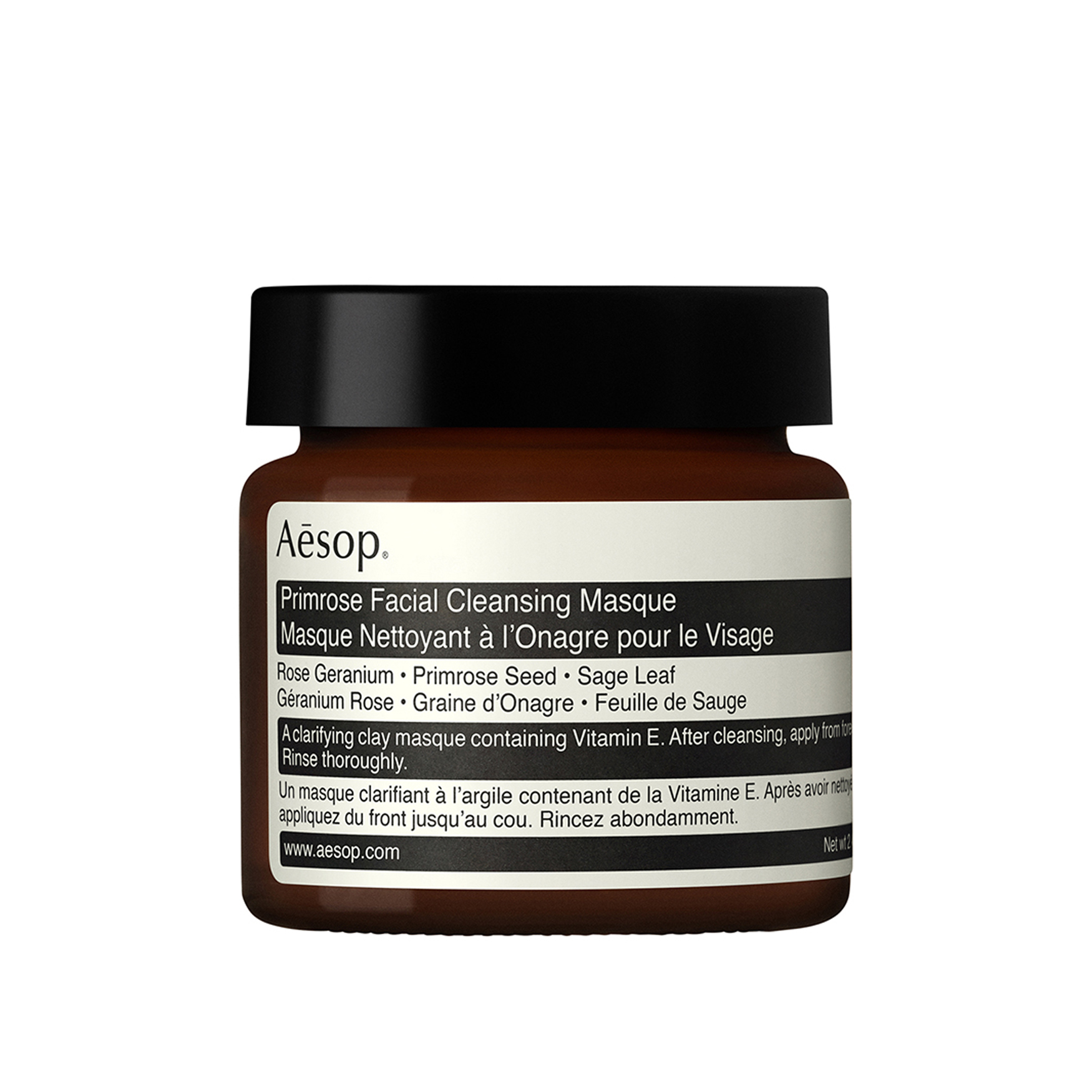When it comes to skincare concerns, it's no secret that blackheads are up there as public enemy number one. We all get them and we all hate them, but we also all know that picking and squeezing is definitely not the right approach to take when it comes to removing them. So exactly how do you remove blackheads?
And while there isn't a perfect way to remove blackheads, there are some key tips and tricks that experts advise to help remove them in the healthiest and safest way possible, as well as to prevent them coming back. So, we tapped the expertise of skincare expert and pro esthetician Charlie Perry, to find out everything there is to know about treating and preventing blackheads, plus the best products for at-home blackhead removal.
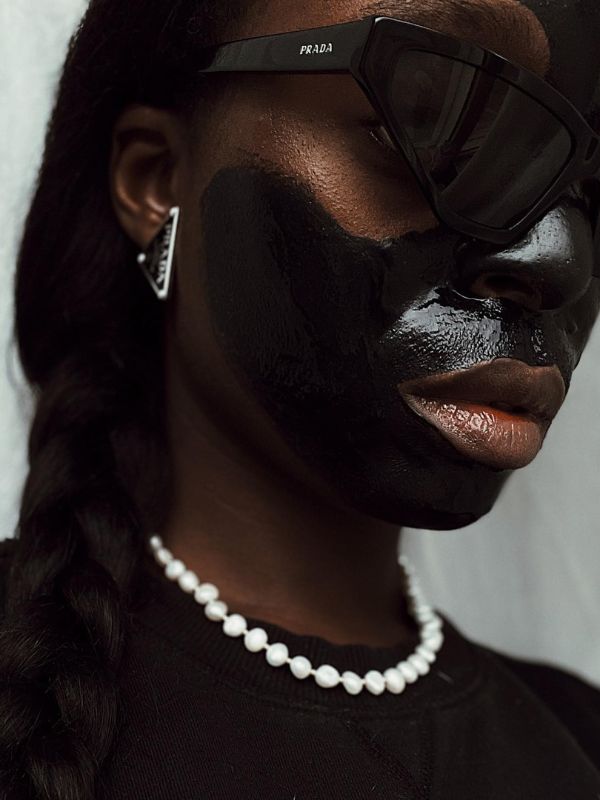
What are blackheads?
"Blackheads are a type of acne; and are also known as open comedones," explains Perry. "They are caused by a buildup of dead skin cells, and sebum (or oil) which forms a kind of plug blocking the top of the hair follicle opening (our pores). This can lead pores to look quite dilated and inflamed, and the black colour results from the blocked oil and dead skin oxidising."
It's a common mistake to make to confuse pores with blackheads, but remember it's totally normal to be able to see pores on your skin—they're essential for healthy functioning skin. "Pores look like grey dots on the skin’s surface, but are usually much smaller in size than a typical, true blackhead," says Perry. "They’re part of normal, healthy skin, and in most cases are not problematic at all."
In contrast, blackheads will be much more visible on the skin and will look significantly different to the pores around them. "Blackheads are technically a form of acne known as an open comedone and typically have a dilated or widened opening of a hair follicle," she adds.
What causes blackheads?
If you're wondering why your skin is especially prone to blackheads, Perry explains that over-production of oil is generally the biggest contributor to their formation, which can be connected to our hormones. "This can often be exacerbated by the buildup of acne bacteria on the skin, stress, which can upset hormonal balance further, and often incorrect use of skincare or cosmetic products, such as oils or too rich moisturisers, which can also block pores," she adds. "Having genetically larger pores or a very oily complexion will often mean you'll experience blackheads, along with those with hormonal fluctuations, but they can really happen to anyone based on lifestyle, and the topical products they're using."
How do you remove blackheads?
While blackheads can be professionally extracted, Perry cautions against attempting this procedure at home. "At home extractions almost always result in inflammation, and more damage to the surrounding skin which (depending on your skin) may result in post-inflammatory hyperpigmentation which is in a whole new league of its own to treat," she explains. "If you absolutely must, my rule of thumb is always use tissue or cotton buds, never your hands or finger nails. If you can't extract it in three attempts - leave it to a pro."
In her own clinic, Perry tackles blackheads with a combination of professional strength salicylic acid, and manual extraction, but she also advises clients on the importance of a good home skincare routine. "Extractions and clinic treatments alone won’t prevent your pores from filling back up, which is why I'd always recommend a consistent skincare routine that targets your blackheads," she adds.
What are the best ingredients for treating blackheads?
To target existing blackheads and prevent them from forming, it's important to know which ingredients will benefit your skin and which ones to avoid. "Generally an over the counter retinol can really help, a prescription vitamin A for those at the upper end of the spectrum, and exfoliants like salicylic acid, or glycolic acid can be helpful to reduce dead skin cells and congestion," advises Perry.
You'll typically find these ingredients in products such as serums, cleansers, and face masks. Retinoid-based products help to improve natural cell turnover, which helps to prevent the build-up that leads to clogged pores, while salicylic acid deeply penetrates the pores to dissolve congestion at the source, which will help to prevent blackheads as well as other types of acne breakouts.
"Physical exfoliators manually remove dead skin cells from the surface of the skin to help clear the pores and I'll sometimes recommend these if skin permits," Perry adds. "Chemical exfoliants offer a lot more range for various skin types, by dissolving connections between dead cells on the surface of the skin and helping to remove excess oil." Chemical exfoliants (such as salicylic acid) are also much more gentle on the skin than physical ones, so can be a good option for those with sensitive skin or active breakouts.
If you're prone to blackheads then Perry recommends avoiding products that contain large amounts of oils or that are especially thick and rich in texture. Instead, opt for hyaluroniac acid-based serums and light gel-textured moisturisers to keep your skin hydrated without clogging pores.
The best products for removing and preventing blackeads:
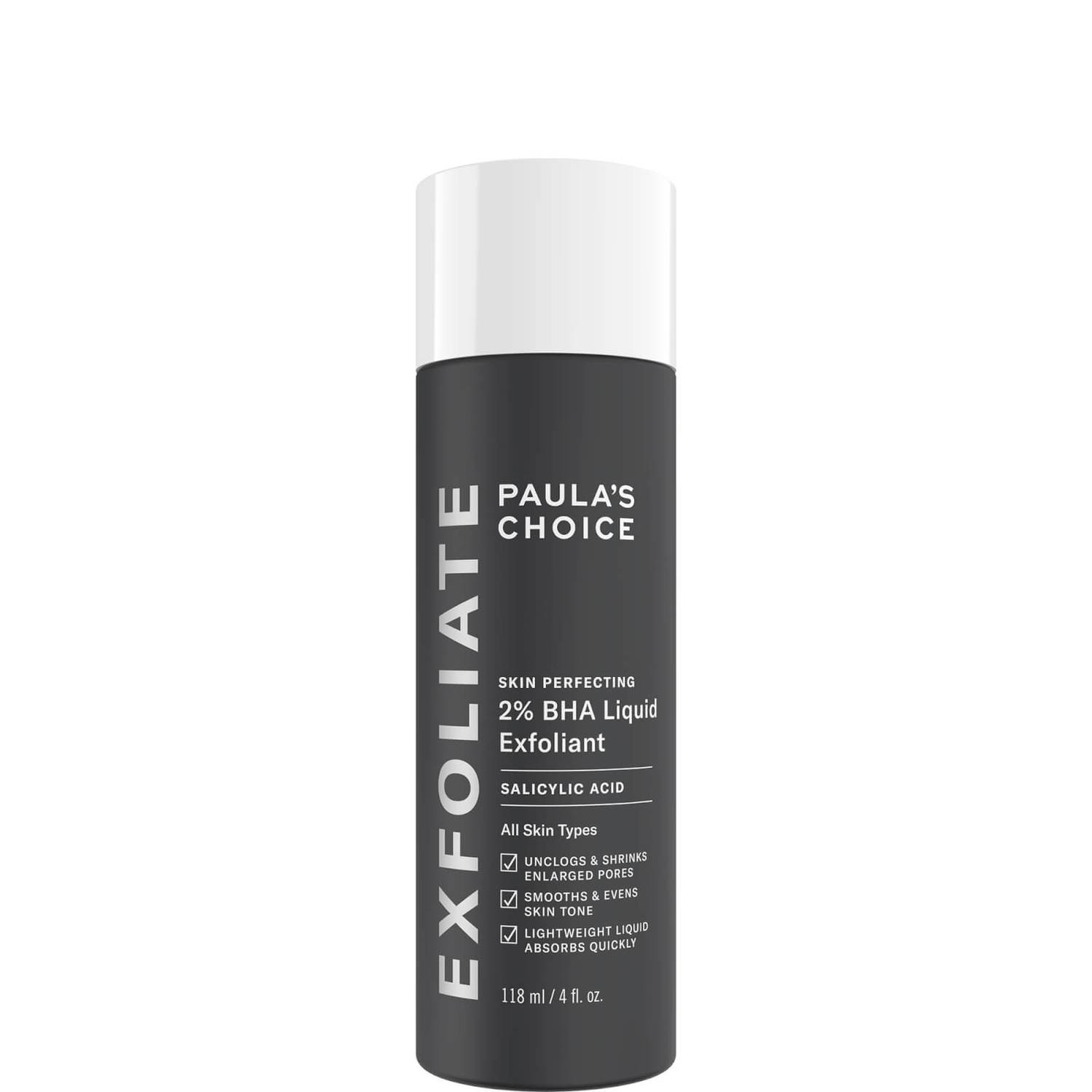
You might know exfoliating acids like glycolic and lactic acids best for their ability to remove dead skin and smooth skin texture. For oily and blackhead-prone skin, opt for salicylic acid—it's oil soluble, which means it penetrates deep into the pore to remove oil-based congestion.
Next Up: "My Acne Is Gone": The Acne Products That Actually Work
Grace Day is a beauty editor and content creator. She has over 10 years of beauty-industry experience, spanning editorial, retail, and e-commerce, which gives her a unique understanding into how people shop for their beauty routines.
While studying for a history degree (specialising in the history of beauty) and working as a beauty adviser in department stores, Grace started writing her own beauty blog in order to share the products she discovered while dealing with acne. After graduating, she moved to Beauty Bay as beauty editor and content manager. Grace is currently a beauty contributor toBest Knockoff Luxury Clothing
. She has also written for Hypebae and PopSugar and works as a brand consultant and copywriter.
